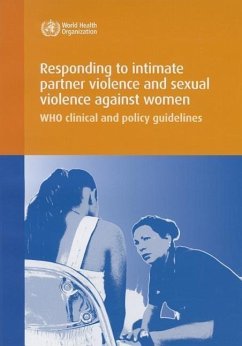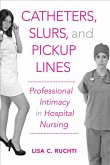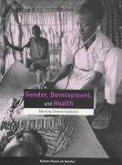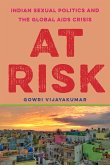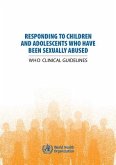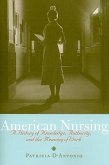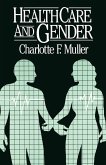A health-care provider is likely to be the first professional contact for survivors of intimate partner violence or sexual assault. Evidence suggests that women who have been subjected to violence seek health care more often than non-abused women, even if they do not disclose the associated violence. They also identify health-care providers as the professionals they would most trust with disclosure of abuse. These guidelines are an unprecedented effort to equip healthcare providers with evidence-based guidance as to how to respond to intimate partner violence and sexual violence against women. They also provide advice for policy makers, encouraging better coordination and funding of services, and greater attention to responding to sexual violence and partner violence within training programmes for health care providers. The guidelines are based on systematic reviews of the evidence, and cover: 1. identification and clinical care for intimate partner violence 2. clinical care for sexual assault 3. training relating to intimate partner violence and sexual assault against women 4. policy and programmatic approaches to delivering services 5. mandatory reporting of intimate partner violence. The guidelines aim to raise awareness of violence against women among health-care providers and policy-makers, so that they better understand the need for an appropriate health-sector response. They provide standards that can form the basis for national guidelines, and for integrating these issues into health-care provider education.

